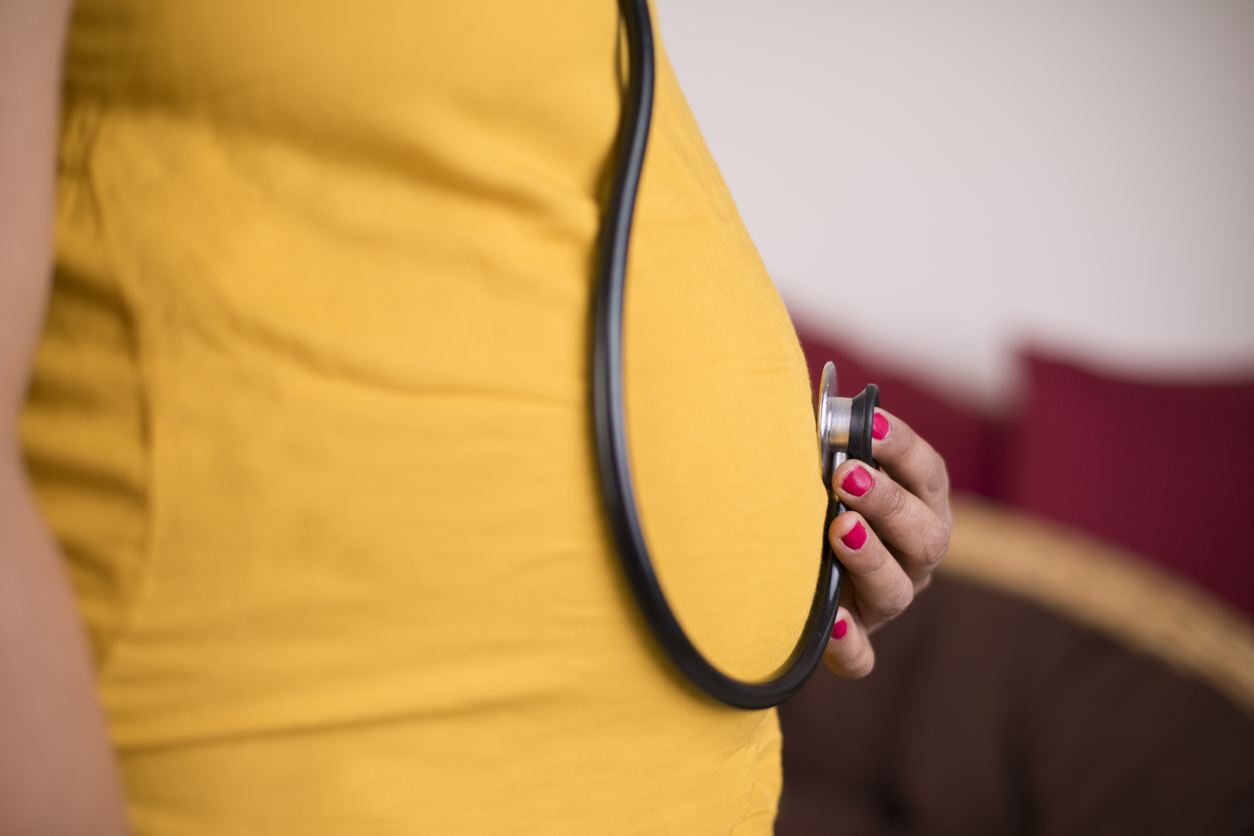
By: Eastern Eye
THE number of women in Britain dying during pregnancy or soon afterwards has reached its highest level in almost two decades, a new study reported last Thursday (11).
The figures from MBRRACEUK, which monitors maternal deaths, stillbirths and infant deaths and their causes, showed black women and those from deprived areas remained the most severely impacted.
MPs had said that although the UK has one of the lowest maternal mortality ratios in the world, it has “glaring and persistent disparities in outcomes for women, depending on their ethnicity”.
The latest statistics prompted renewed calls for more investment and training in maternity services, despite health bosses in England claiming more money than ever is going into the sector.
Marian Knight, director of the National Perinatal Epidemiology Unit and MBRRACE-UK maternal reporting lead, said maternity systems were “under pressure” and the “increase in maternal mortality raises further concern”.
“Ensuring pre-pregnancy health… as well as critical actions to work towards more inclusive and personalised care, need to be prioritised as a matter of urgency now more than ever,” she added.
MBRRACE-UK found there were 13.41 deaths per 100,000 pregnancies reported between 2020 and 2022.
Excluding deaths from Covid-19 – the second most common cause – the maternal death rate for the period was 11.54 per 100,000. This is up from 8.79 per 100,000 in 2017-2019 and the highest since 2003-2005.
The main cause of death was thrombosis and thromboembolism, or blood clots in the veins. Heart disease and deaths related to poor mental health were also common, it said.
The maternal death rate among black women decreased slightly compared to 2019-2021, but this cohort remained three times more likely to die compared to white women, it was found.
Women from Asian backgrounds were twice as likely to die than white women, while women living in the most deprived areas were also twice as likely to die compared to those in the least deprived areas.
A NHS England spokesman said it recognised that “further action is needed to improve the experiences of women and their families.” He noted that annual investment had risen to £186 million to grow its “maternity workforce, strengthen leadership and
